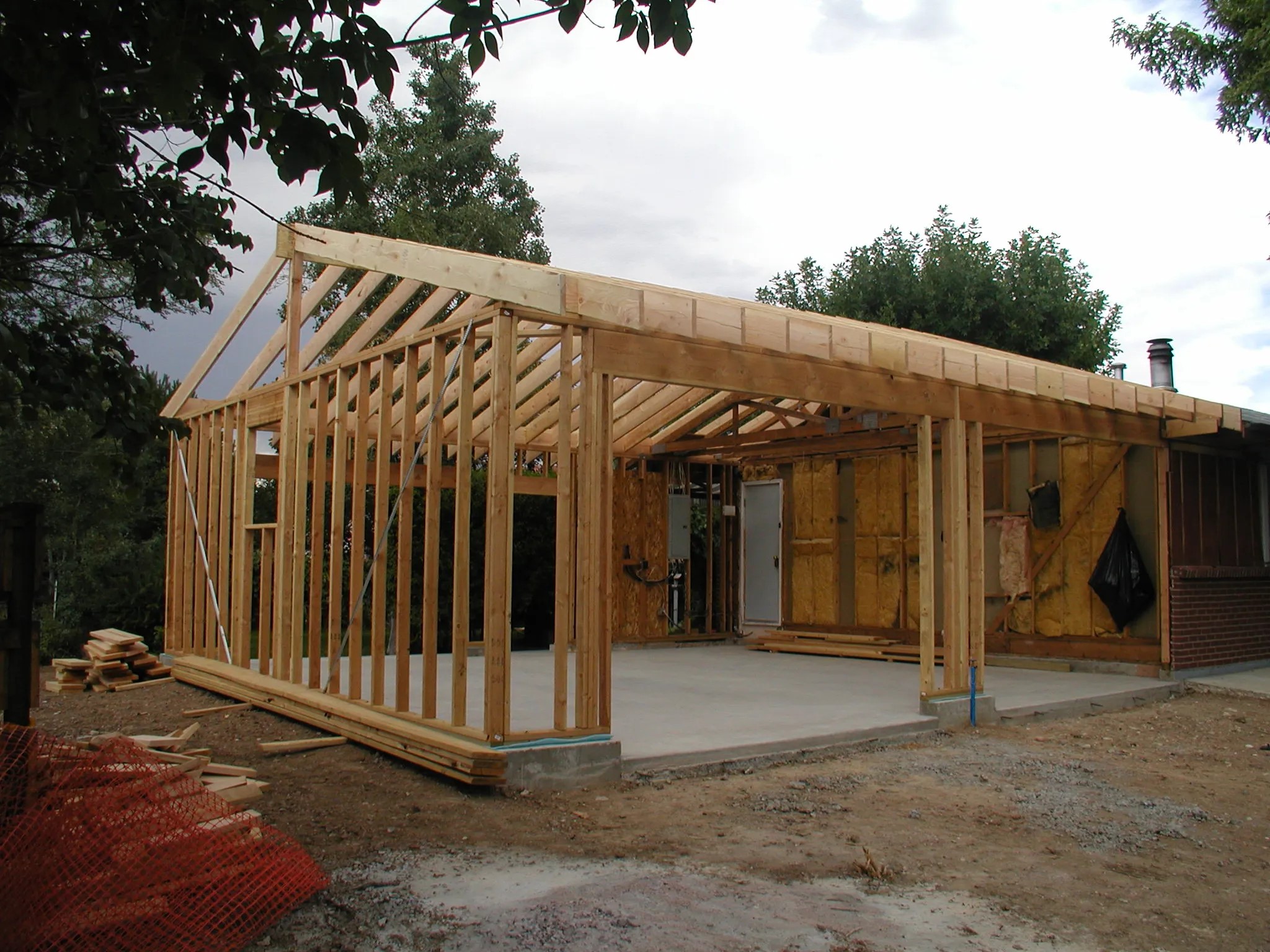1. Comprehensive Planning and Scheduling
A well-defined plan is the foundation of a successful construction project. Before breaking ground, develop a detailed project roadmap that includes:
- Scope of work
- Material and equipment requirements
- Workforce allocation
- Milestones and deadlines
- Contingency plans for unforeseen delays
Utilizing project management software such as Primavera P6 or Microsoft Project can streamline scheduling and improve task tracking.
2. Resource Optimization
Efficient use of resources minimizes waste and maximizes productivity. Consider the following techniques:
- Assign skilled workers to tasks that match their expertise.
- Optimize material procurement to prevent shortages or excess.
- Maintain construction equipment to avoid downtime due to malfunctions.
A well-managed resource plan prevents inefficiencies and helps keep projects on track.
3. Clear Communication Channels
Miscommunication is a common cause of construction delays. Establish clear and open communication channels by:
- Holding regular meetings to update all teams on progress.
- Using digital collaboration tools like Procore or PlanGrid.
- Creating a centralized document-sharing system for project plans and reports.
Strong communication fosters collaboration and ensures that all stakeholders remain on the same page.
4. Real-Time Monitoring and Progress Tracking
Regularly monitoring project progress allows for timely adjustments to avoid setbacks. Implement the following measures:
- Use real-time tracking tools to monitor job site activity.
- Conduct frequent site inspections to ensure compliance with project specifications.
- Establish key performance indicators (KPIs) to measure efficiency and productivity.
Tracking progress effectively allows managers to identify bottlenecks and address them promptly.
5. Risk Management and Contingency Planning
Unforeseen challenges are inevitable in construction, but proactive risk management can minimize their impact. To stay prepared:
- Identify potential risks early in the planning stage.
- Develop contingency plans for delays, labor shortages, or adverse weather conditions.
- Regularly assess and update risk mitigation strategies.
A strong risk management plan helps maintain project stability and prevents costly disruptions.
6. Quality Control and Compliance
Ensuring that work meets safety and quality standards is essential for project success. Enforce quality control measures by:
- Conducting routine quality inspections.
- Providing proper training to workers on safety and construction standards.
- Adhering to industry regulations and building codes.
Maintaining high-quality work prevents costly rework and enhances the reputation of your construction business.
7. Leveraging Technology for Efficiency
Modern technology enhances work control through automation and data analytics. Some essential tech tools include:
- Building Information Modeling (BIM): Helps in planning, designing, and managing construction projects.
- Drones: Provide aerial site monitoring and progress tracking.
- AI-powered software: Predicts project risks and optimizes resource allocation.
Integrating technology improves decision-making and enhances overall project efficiency.



